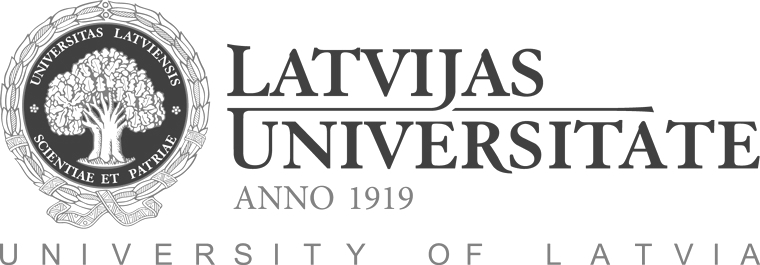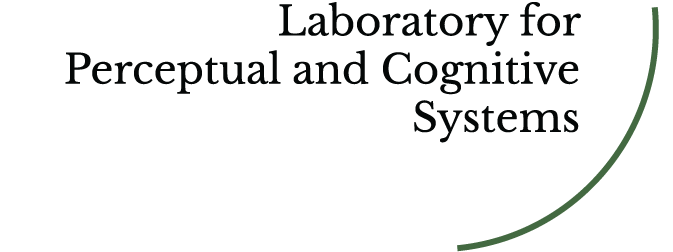About This Journal
Focus and Scope
The Baltic International Yearbook of Cognition, Logic and Communication publishes peer reviewed, original papers which either have been (a) invited for presentation at or (b) been selected amongst submissions for contribution to the annual Symposium for Cognition, Logic and Communication in Riga, Latvia. Alternatively, (c) papers are invited independently of Symposia and after peer review serve as target articles on a particular topic.
All submissions are refereed anonymously and selected on the basis of their relevance to the topic and the quality of the scholarship. Only papers that meet the editor's high standards of scholarship are ultimately published in the Yearbook.
Each issue of the Yearbook is thematic. Among the themes it will seek to explore are issues in cognitive psychology, formal logic, computer sciences and AI-research, communication sciences, philosophy, linguistics, and the theories of cognitive and information processing systems as well as the history and development of these disciplines.
Each issue of the Yearbook is thematic. Among the themes it will seek to explore are issues in cognitive psychology, formal logic, computer sciences and AI-research, communication sciences, philosophy, linguistics, and the theories of cognitive and information processing systems as well as the history and development of these disciplines.
Call for papers will be advertised on the website.
The Yearbook is edited by leading American and European specialists working in some of the areas of Cognitive Sciences. It is aimed but not limited to academic audiences. It will be of interest to students and researchers in the field of cognitive sciences as well as in connected disciplines such as philosophy, psychology, computer sciences and linguistics. It is available at no cost, without license or subscription. .
Publication Frequency
The Baltic International Yearbook of Cognition, Logic and Communication is published once a year. Individual contributions submitted as commentaries, disputations and critical notes as well as responses to the latter appear on a punctual basis, as soon as the review process has been completed.



